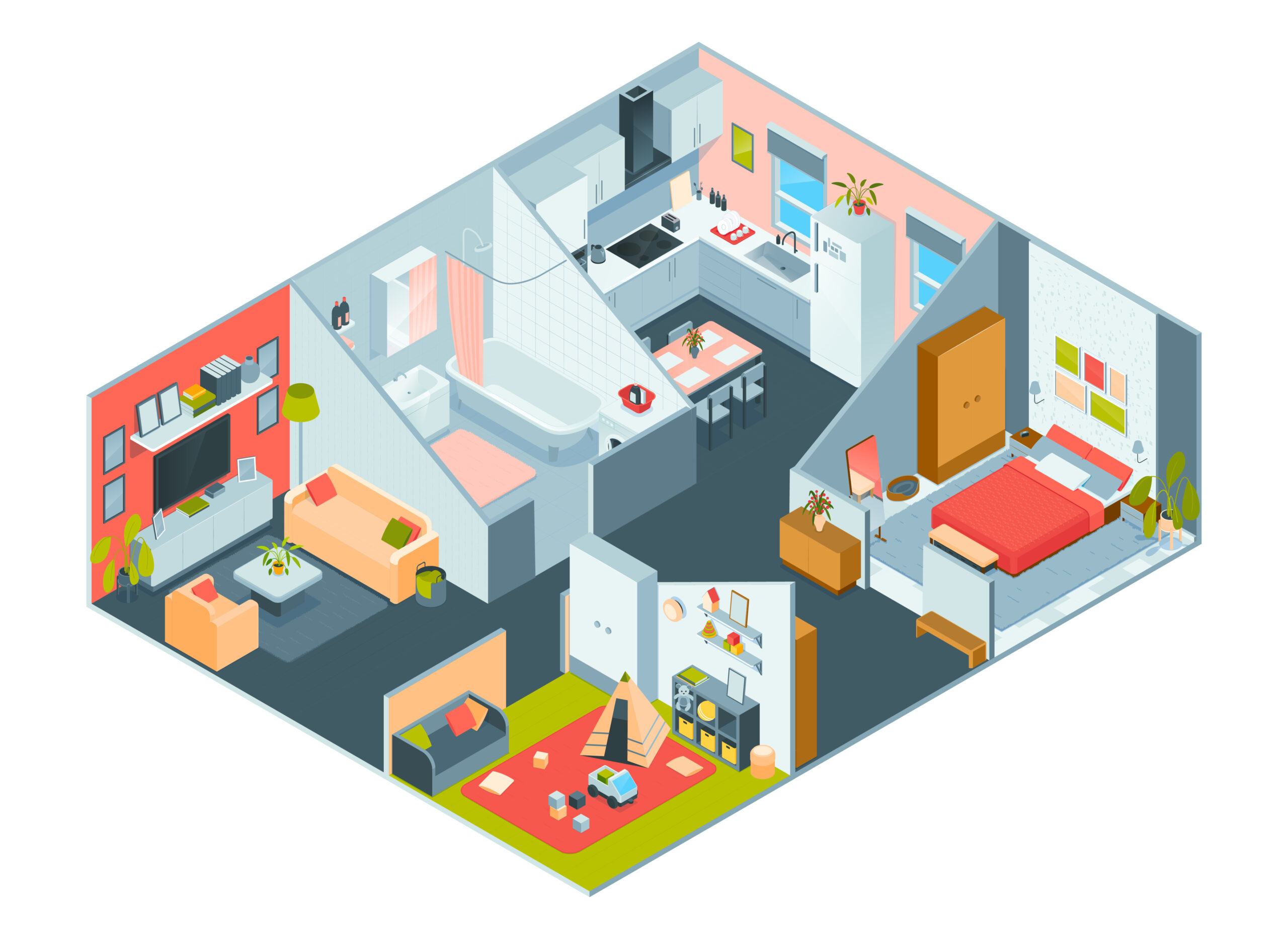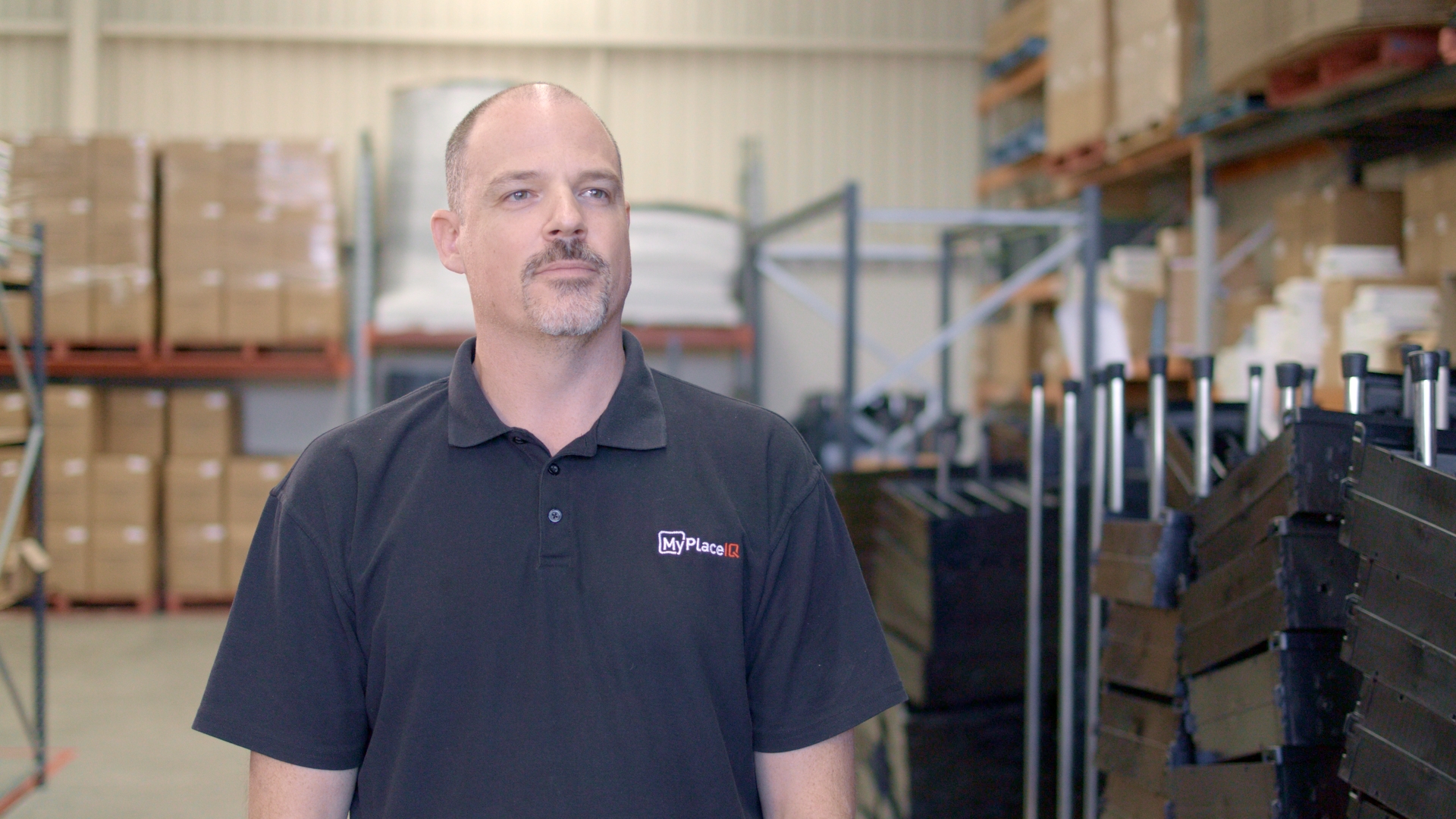The case for modernising residential cooling expectations
Darren Bee calls for changes to the National Construction Code, including making multi-zoning cooling/heating systems compulsory in new builds.

It’s 2025, and air conditioning remains a key flashpoint in Australia’s energy debate. Households are being urged to curb their usage, with policymakers proposing quick fixes such as encouraging people to:
- Turn off the air conditioner
- Stop the dishwasher
- Allow government intervention to control appliance use.
These measures are reactive at best. Worse than that, they ignore the deeper inefficiencies built into the way many Australian homes are designed.
Necessity, not luxury
In hotter parts of the country, simply switching off the air conditioner isn’t just inconvenient – it’s unsafe. Vulnerable Australians can’t be left to endure extreme temperatures. Nor should they have to.
If we’re serious about reducing household energy demand, we need to stop treating consumption as purely a behavioural issue and start addressing the built environment – beginning with the National Construction Code (NCC).
While current NCC requirements call for at least two zone systems in new builds, this is no longer fit for purpose. Two zones still mean entire sections of a home may be cooled or heated unnecessarily, wasting energy and money. A smarter approach is clear: mandate multi-zone air conditioning systems for all new builds.
In the zone
Multi-zoning allows households to cool or heat only the rooms in use, significantly reducing load on the grid while lowering energy bills. It’s the equivalent of running a Hyundai engine rather than a Dodge Ram: more efficient, more economical, and more aligned with contemporary living.
Historically, builders have viewed multi-zoning systems as too complex or costly, but market expectations are shifting. Reports by Domain show the demand of energy-efficient homes continues to rise and climate-resilient design is increasingly influencing buyer decisions. With air conditioning still under policy scrutiny, energy-efficient technology will be a non-negotiable for future-ready housing.


Better together
This year’s formation of the Consumer Energy Tech Alliance (CETA) by the Tech Council of Australia underscores this shift. Industry players are collaborating to get better technology into homes and there is a vital role for the construction industry to play.
Now is the time for the industry and regulators to work together. Updating the NCC to reflect contemporary needs is a tangible, forward-focused step, and one that MyPlace and CETA will formally propose to the Australian Building Codes Board (ABCB) in due couse. Incentivising builders to deliver higher-efficiency homes would further accelerate progress.
Turning off the air conditioning isn’t a long-term solution. Smarter regulation, better technology and thoughtful building practices are. For a more energy-efficient Australia, it’s time to build better, not just ask households to do better.
Changing the NCC
The Australian Building Codes Board (ABCB) updates the National Construction Code (NCC) every three years, taking into account industry research and trends, public feedback, and ministerial policy direction.
The ABCB only considers submissions made using the formal “proposal for change” (PFC) template. You can submit a PFC via the ABCB website.
About the author
For 25 years, Darren Bee has been a key part of growth of Australian smart air conditioning technology manufacturer MyPlace (formerly Advantage Air), which designs technology that aims to increase comfort and reduce electricity bills.


Darren focuses on building relationships within the industry that lead to strong commercial outcomes. He is passionate about Australian manufacturing and committed to advocating for innovative solutions that deliver better cost and energy efficiencies for everyday Australians.
Featured image courtesy of Macrovector_official via Freepik
PREV
NEXT
Comments
Advertisements
Recent news
- Cert II training and impact – have your say
- New studies explore causes and consequences of TFA accumulation
- QUT researchers use AI to optimise urban greening
Latest events
- PSO to host focus groups at AIRAH Hobart Industry Night
- Huge attendance for 2026 ASHRAE Winter Conference
- Final call for 2026 ARBS Awards nominations
 Darren Bee
Darren Bee

Leave a Reply